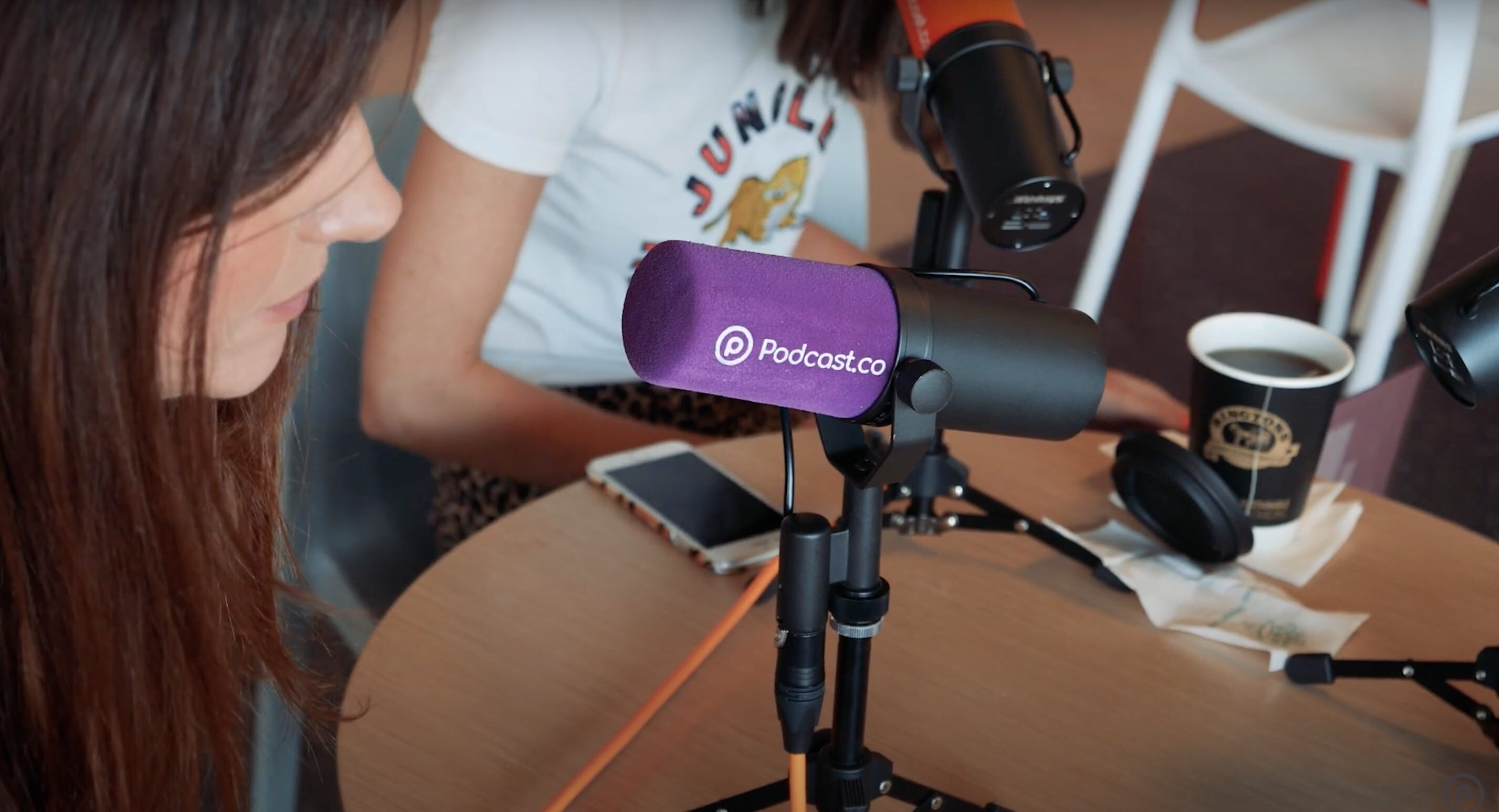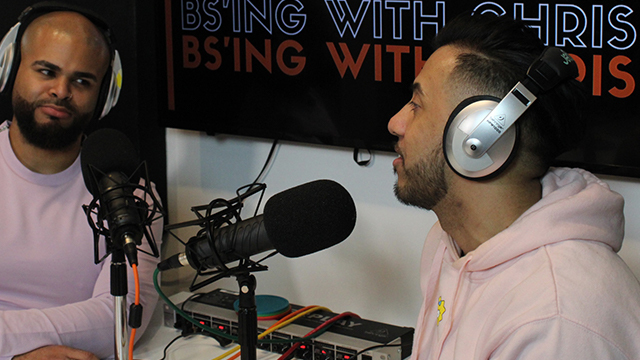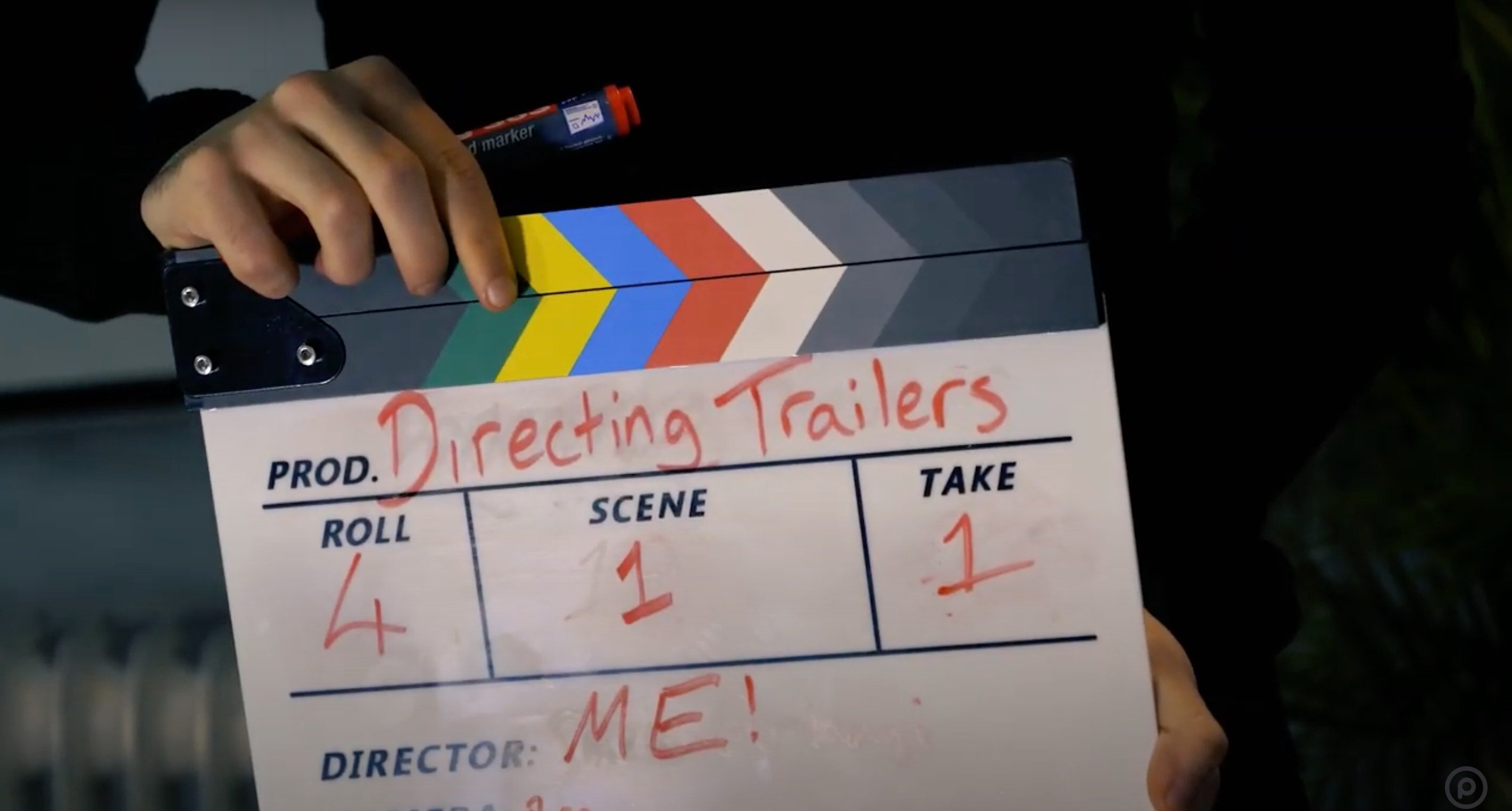You’ve put tons of work into making a great podcast. But in those final few minutes, you have no idea what you’re supposed to say to wrap up. It’s a common problem. Podcast outros can be trickier than they first appear.
One thing is for sure. It’s worth spending some time getting your podcast outro right. It determines the lasting impression your listeners are left with, and it’s your chance to direct them to take some form of action - whether that’s visit your website, leave a review, DM you on Instagram, or sign up to a course.
Those who stick around till the very end of your episodes are by default your most loyal listeners. These are the people who will be most motivated to act on your recorded messages. So your outro needs to be clear, concise, and easy to follow. In this post, we’ll cover what you need to know to create a podcast outro that delivers results. You can also find 2 example templates at the bottom of the article to help you get started quickly.
What to Include in Your Podcast Outro
If you’re stuck on what to include, here are some suggestions you can’t go wrong with. Feel free to mix and match whichever elements work best for your show. There are no rules set in stone when it comes to podcasts. What works great for one show might not work for yours. Be prepared for a bit of trial and error to pin down the right formula for your podcast.

Thank Your Listeners
If they’re still here at this point, your listener has stuck with you for a significant length of time. They’ve chosen to spend a portion of their limited time in this life with you in their ears and brain space. That’s something you should never take for granted. So show your appreciation for them staying with you. This doesn’t have to be a huge fanfare of a gesture, just a simple ‘thanks for listening’ will do the job.
Recap the Episode
If you want your listeners to learn things from your podcast, it’s helpful to give a recap at the end. Briefly cover the main takeaways in bullet point form. This will help your listeners consolidate the new knowledge, and it shows you’ve delivered exactly what your episode title promised. It also reaffirms the value of your episodes for listeners, making it more likely they’ll come back for the next one.
For more detailed info on how to plan out different sections of your podcast, check out our conversation with the creator of The Podcast Host (the world’s most popular podcasting blog), Colin Gray:
Call To Action (CTA)
This is probably the most important consideration. Whether the episode was entertaining, informative, or thought-provoking, you’ve given listeners something good for free. So at this point, you can ask for something in return via a Call to Action (CTA). Some of the most common podcast outro CTAs include:
- Subscribe to the podcast
- Leave a rating and review
- Recommend the podcast to friends and family
- Visit your website to join an email list, or find extra resources and info
- Support you on Patreon
- Follow you on social media
- Buy your products, or tickets to an event
We’d strongly recommend limiting your CTAs to a maximum of three per episode. Any more than that tends to feel a little overbearing. You don’t need to include the same three in every episode. Just make sure you don’t finish each episode with a long shopping list of requests.
The CTAs you should use depends on what your current priorities are. If you’re looking to build a personal brand, asking for social media follows might make sense. Or if your main goal is to grow your download numbers, asking listeners to recommend you to friends and family could be your best bet. Your goals can change as time goes on, so make sure your podcast outro changes along with them.
If you’re still stuck on what to ask your audience for, directing listeners to your website is always a safe bet. You can put links to everything you mentioned in the episode in the show notes, and they can choose which actions they want to follow through on once all the options are laid out in front of them.
Teaser for the Next Episode

Give listeners a reason to come back, with a teaser for what’s to come in the next episode. This might not be possible if your type of podcast doesn’t involve a lot of planning before you press record. But if you’ve planned or even recorded future episodes already, you can give listeners a taste of what they have to look forward to. This could be as simple as letting them know who the next guests on your show are going to be, or what points you plan to cover.
Credits Roll
You might have people you want to thank for making your show possible. This could include anyone from the hosts and guests who appeared on the episode, to podcast editors and producers, or any Patrons who fund the show. The podcast outro is usually where this list of credits goes.
Keep in mind you should make this list as short as you can. If you go on and on naming everyone, you risk your listeners zoning out or stopping the episode before you’re done. If you’ve got a long credits roll, you could put the full list in the show notes. Or just add the credits to the outro of the last episode of each season. Put yourself in the audience’s shoes, and think about how long they’d really be willing to listen to a list of names that might not mean much to them.
Sign Off

People like closure (that’s why everyone hates being ghosted). So make sure you give it to people in your podcast outro. Feel free to be creative and come up with a unique sign off that relates to your show (a good pun never goes amiss). But it doesn’t have to be complicated. A simple ‘bye’ or ‘see you next week’ will do the job. It’s the little things like this which makes your podcast episode seem complete, and professionally produced. It can be a little jarring when a podcast ends abruptly without a sign off.
Episode-Specific Podcast Outro Template
A template can be useful if you’re still unsure how to word things. Feel free to adapt the example below to your own episodes. Obviously the specifics will need to change, but it should give you an idea of what an episode-specific outro script should look / sound like:
Thanks for listening to The Podcast Lab with your hosts, John Smith and Ella Francis! We hope you enjoyed our deep dive into all the tips and tricks you can use to help grow your audience. If you’re keen to see these ideas can be applied in the real world, join us next week when we’ll be interviewing Chris Williamson on how he grew his podcast Modern Wisdom to 100k monthly downloads! As always you can head over to ThePodcastLab.com to sign up to our email list, as well as check out all the links and resources in the show notes. That’s all for this episode folks, see you next time!
Generic Podcast Outro Template
Some podcasters record one outro and use it for all their episodes. This saves time and gets rid of the pressure of coming up with something unique every time. But keep in mind, you won’t be able to personalise any of them to suit the particular episode. If you’re happy to trade a bit of personalisation for greater efficiency, then it might be worth it.
If you’re going to end your show with the same pre-recorded outro, make sure it’s short and sweet. Having to listen to the same long ramble will quickly tire returning listeners. Below is an example template of a concise generic pre-recorded outro that should work well for most podcasts:
Thanks for listening! If you enjoyed this episode and you’d like to help support the podcast, please share it with others, post about it on social media, or leave a rating and review. To catch all the latest from me, you can follow me on Instagram @YourUserName and on X @YourUserName - Thanks again, and I’ll see you next time!
Conclusion
There you have it, your complete guide to making your podcast outro as brilliant as the rest of the show. Podcasting is all about creativity, so if you have a great idea that goes against all the rules we’ve gone through, there’s no harm in experimenting. But if you’re looking for the foolproof way to end your podcast without having to overthink every little word, you can’t go wrong following our formula.









